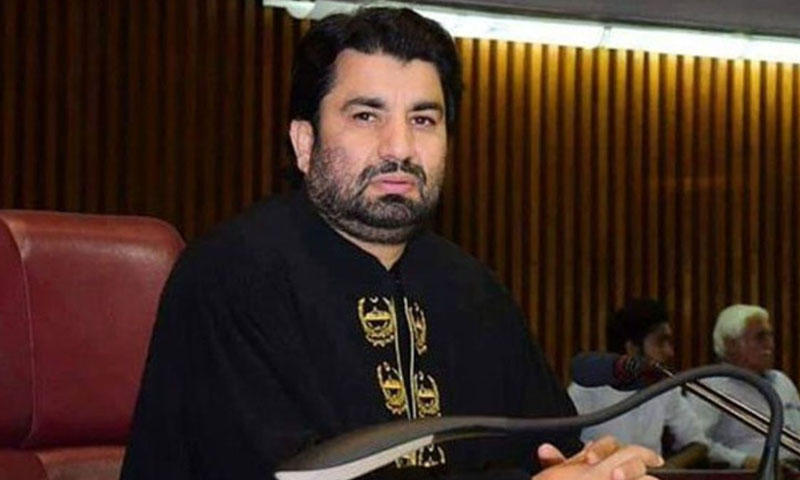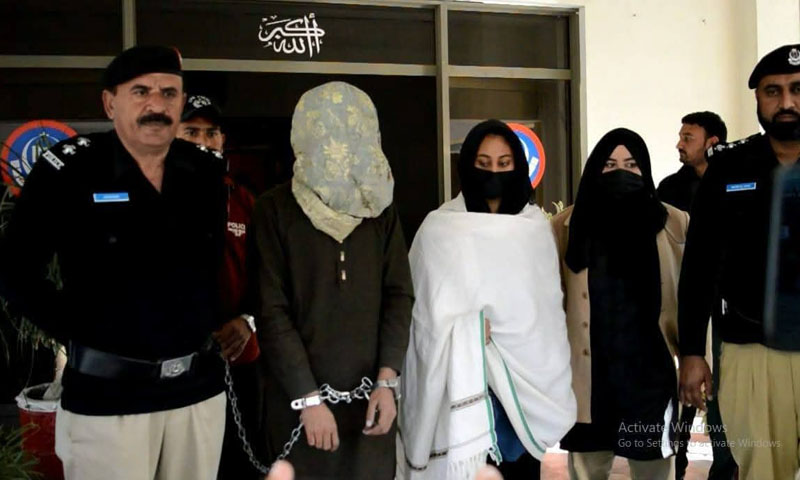- Web Desk
- Feb 09, 2026
Pakistani envoy warns of nuclear response to India “if necessary”
-

- Web Desk
- May 04, 2025

ISLAMABAD: Pakistani Ambassador to Russia Muhammad Khalid Jamali issued a stern warning regarding the escalating tensions between India and Pakistan, cautioning that any military action from India would be met with a robust response, including the potential use of nuclear weapons.
He described the threat of imminent and real, referencing secret documents that reportedly outline Indian intentions.
Read more: In tit-for-tat move, Pakistan airs anthem in India
The ambassador’s remarks come in the wake of a deadly attack in Pahalgam, located in Indian-occupied Kashmir. Five gunmen killed 26 people, mostly tourists and men. Following the incident, the hardliner, Hindu-nationalist Prime Minister of India, Narendra Modi, accused Pakistan of being behind the attack, despite providing no substantial proof.
India suspended the 1960 Indus Water Treaty, an important agreement that divided water-sharing between the two densely populated states. The South Asian neighbour also downgraded diplomatic relations with Pakistan.
Pakistan retaliated by closing its airspace to Indian flights, halting trade and suspending the Simla Agreement, which was established to facilitate the resolution of disputes between the two countries.
The Pakistani Information Minister recently warned of an increased likelihood of an Indian attack on Pakistan. He suggested that such an event could occur within the next “two to four days”.
The warning aligns with reports indicating that Modi lifted military restrictions (“complete operational freedom“) on the Indian army, signalling a potential escalation in military readiness.
Both India and Pakistan are nuclear-armed, raising concerns among the international observers about the potential ramifications of any military confrontations.
The situation attracted attention from global powers, with China and the United States expressing their concerns. US Secretary State Marco Rubio urged India to “de-escalate” while simultaneously calling on Pakistan to condemn the Pahalgam attack.
Moreover, US Vice-President JD Vance advised Pakistan to work ‘collaboratively’ with India to address the ‘issue’ of militants based in Pakistan.
Read more: Air India sees Pakistan airspace ban costing it $600 million, seeks aid
While the situation continues to develop, Pakistan appears to be at a disadvantage in terms of international support, particularly from the US.
The ongoing military posturing and heightened rhetoric between the nuclear-armed arch-rivals belies the fragile state of relations between two nations, who should have worked together from the start for economic benefit of both.




